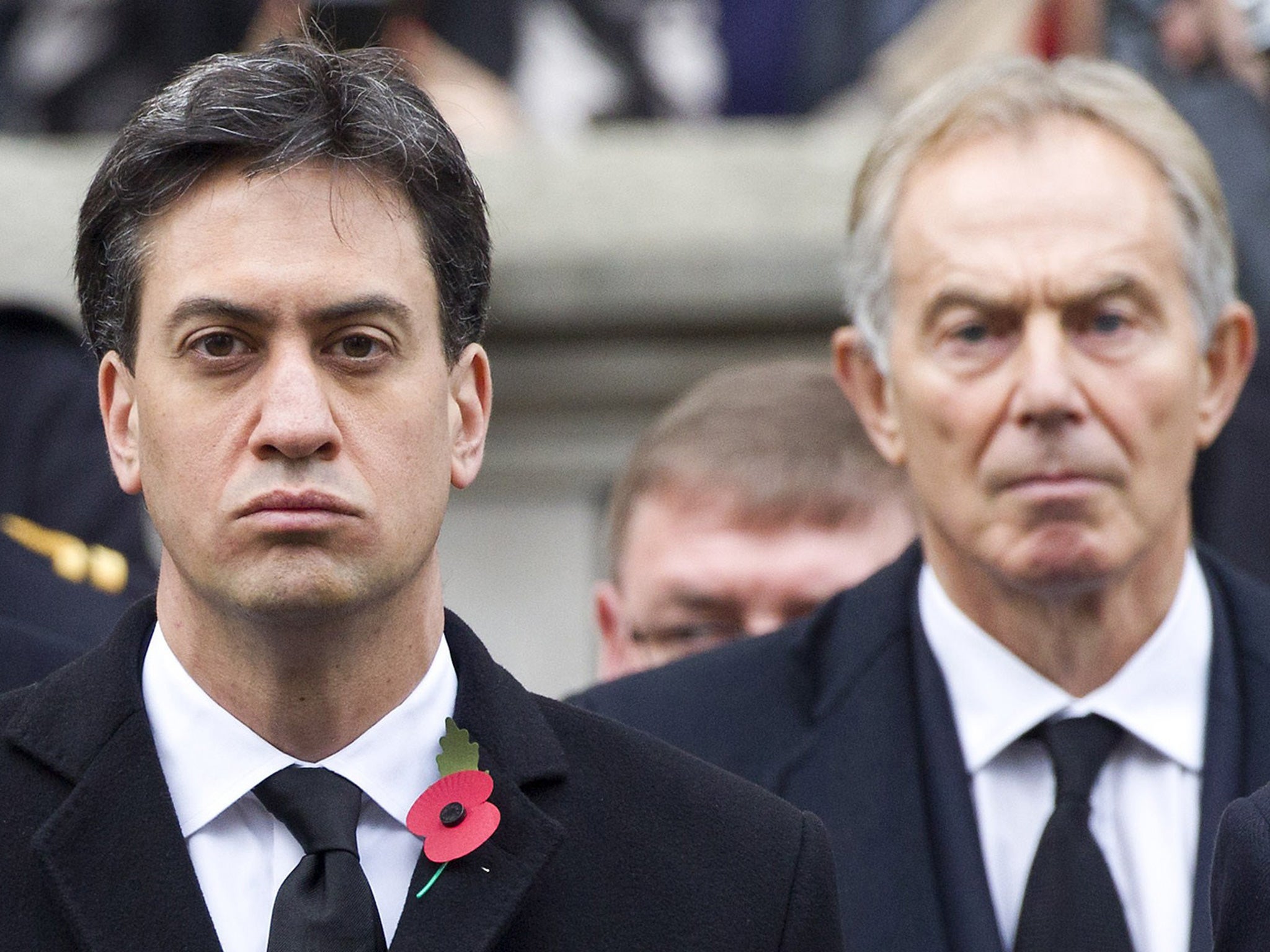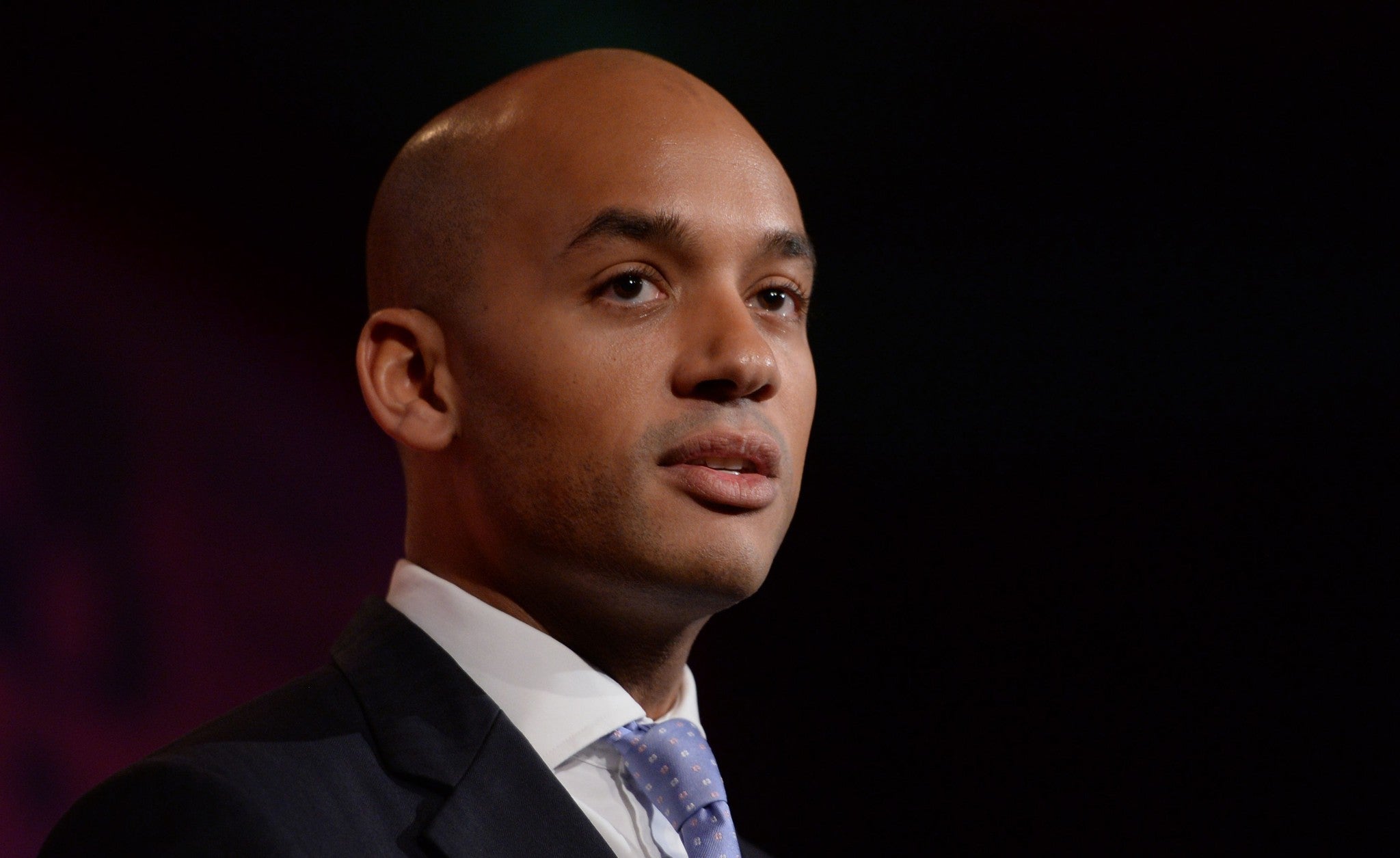Labour needs to challenge itself and evolve or risk losing more elections
Inside Westminster


“It’s like a morgue in there,” a Labour official said as he pointed to the party’s headquarters in Westminster. Nine days ago, on election day, the war room buzzed with excitement and optimism. Twenty-something aides discussed which Labour ministers they might work for as special advisers. “We were measuring the curtains,” one admitted.
Ed Miliband was confident of becoming prime minister “one way or the other.” He knew the Conservatives might win more seats than Labour, but believed he would be more likely than David Cameron to be able to stitch together a Commons majority – with the help of the Scottish National Party. The speech Mr Miliband was writing on election day argued that Mr Cameron should stand down immediately rather than squat in Number 10 until a Commons vote on his Queen’s Speech in early June. Only 12 hours later, in the early hours of Friday, Mr Miliband began drafting a very different speech – announcing his resignation as Labour leader after his party’s shattering defeat.
The grief in Labour land is all the greater because the party had convinced itself it was about to win power. The flawed opinion polls showing Labour and the Tories neck and neck handed Mr Cameron his trump card: the prospect of a Labour-SNP deal reignited voters’ fears about Labour’s economic credentials. People opted for the devil they knew in the Tories. If the polls had been right and put the Tories ahead, some Labour figures believe they would have been able to run scare stories about what a majority Tory government would so. They think voters’ fears might have deprived Mr Cameron of his majority.
I doubt it. There are always such “if onlys” after an election. I suspect Labour lost this one in 2010. If David Miliband had beaten his brother for the party leadership, he would have admitted that the previous Labour government made mistakes on the economy. His draft winner’s speech said the deficit was “the biggest argument in politics, and the biggest danger for us.” He would have said: "The party will only be trusted when we show in word and deed that the alternative to mean government is lean government… However much the Coalition government is hated, we will not benefit until we are trusted on the economy, as we were in the 1990s.” Prophetic.
Ed Miliband never had such a reckoning. He did not want to admit that Labour had spent too much because he did not think so, and he believed the crash had shifted the centre of political gravity to the left. Nor did he want his mea culpa plastered over Tory posters at this year’s election. When Shadow Cabinet members offered symbolic cuts of up to £5bn to show voters Labour was serious about cutting the deficit, Mr Miliband turned them down.

These decisions returned to haunt him during the election campaign. Labour had picked up worrying signs in focus groups that it was not trusted on the deficit. This should hardly have been a surprise since the opinion polls had showed the same since 2010. But it led to a last-minute decision to put a “budget responsibility lock” and pledge to cut the deficit every year on page one of the party’s election manifesto. Blairites saw it as too little, too late and were right. A pivotal moment in the campaign came on the BBC’s Question Time a week before the election, when Mr Miliband denied that the previous Labour government had spent too much. The audience gasped.
If he had done what his brother would have done in 2010, the audience member’s question might never have been asked. Five years on, the candidates to succeed Mr Miliband are now being asked the question.
Chuka Umunna, who surprisingly withdrew from the race, admitted earlier this week that Labour had spent too much, while insisting the deficit was small. Liz Kendall, the candidate closest to New Labour, was more candid, saying the party did overspend. Mary Creagh said yesterday that Labour should probably not have run a deficit before the crash. But Yvette Cooper, a minister in the previous Labour government, refused to accept this proposition. Andy Burnham, a fellow minister, is likely to take the same view.
Mr Umunna’s departure is regrettable since he would have told his party some home truths. Ms Kendall seems prepared to do so, to her credit. But being labelled the “Blairite” candidate might prove a disadvantage. Many voters would surely find it bizarre that a man who won three general elections is so unpopular in his own party. “We need a leader who doesn’t sound like a Blairite to the party but will act like one,” one New Labour figure admitted.
Labour should elect a leader prepared to challenge the party – as Tony Blair did -- rather than tickle its tummy. If Labour remains in the comfort zone where it has spent the past five years, it will remain in the opposition zone too.
Join our commenting forum
Join thought-provoking conversations, follow other Independent readers and see their replies
Comments
Bookmark popover
Removed from bookmarks